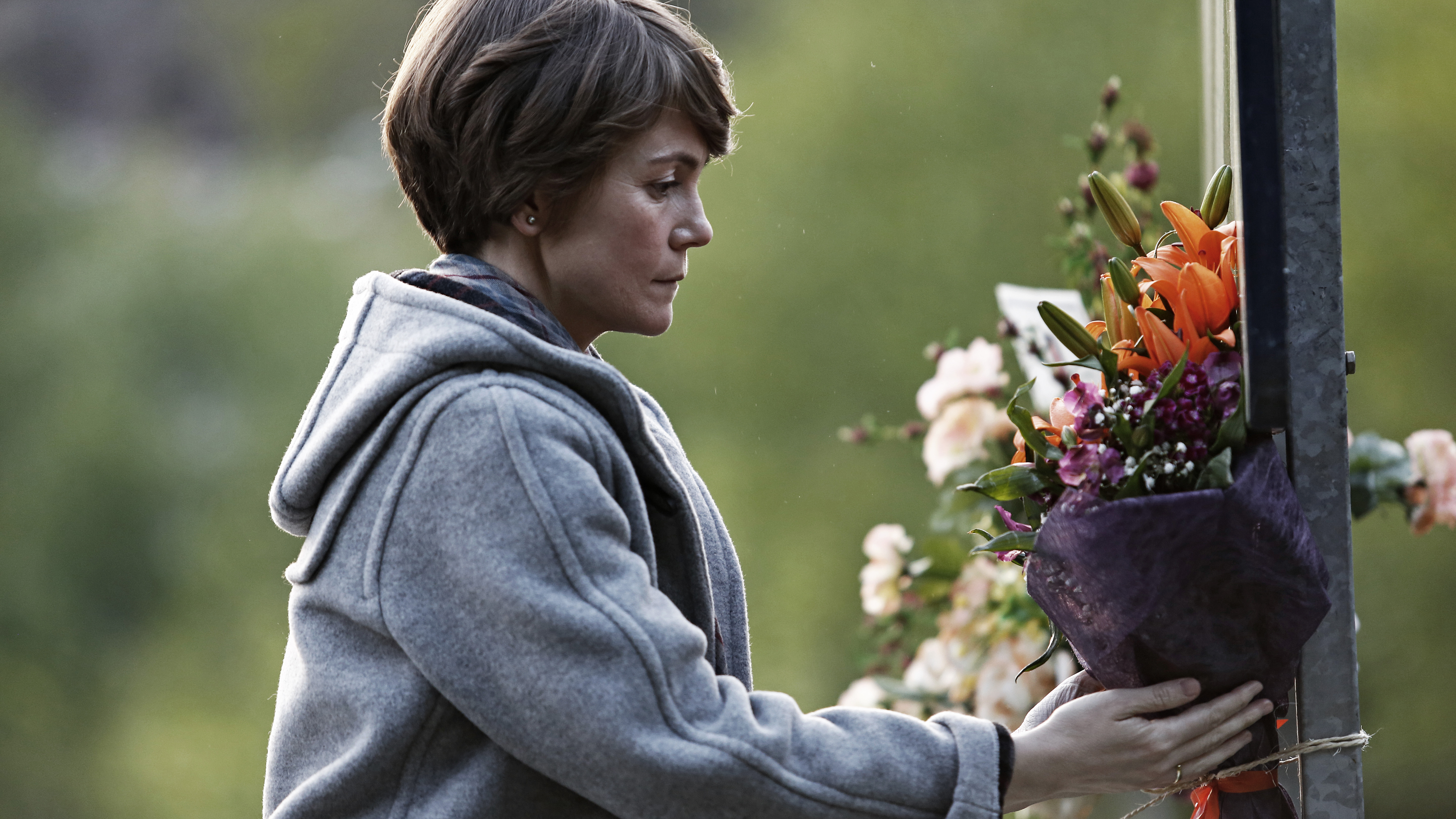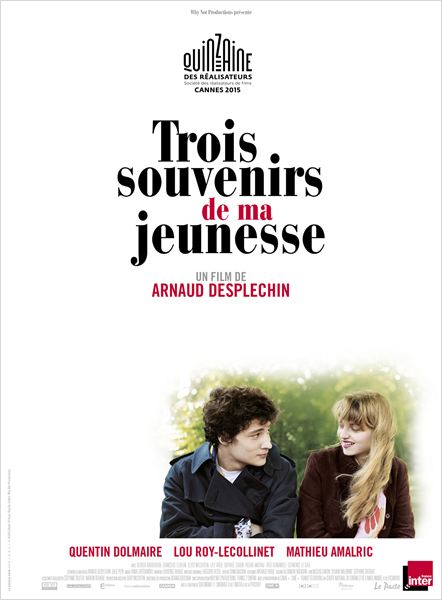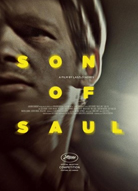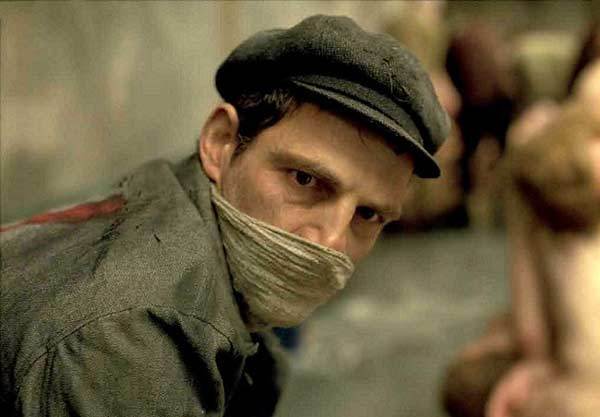Interview: The Filmmakers Behind Spanish Oscar Submission 'Flowers' on MacGuffins, Preserving the Basque Language, and 'The Hours'
 Tuesday, October 27, 2015 at 12:30PM
Tuesday, October 27, 2015 at 12:30PM 
Jose here. Flowers is centered around a mystery which sees construction site office worker Ane (Nagore Aranburu) start receiving flowers from an unknown admirer. Week after week, beautiful flowers arrive on the very same day, then one day they stop. Is it a coincidence that they stopped right after Ane's construction site co-worker Beñat (Josean Bengoetxea) passed away in a car crash? We soon meet Beñat's widow Lourdes (Itziar Ituño) and her mother in law Tere (Itziar Aizpuru) whose relationship only seems to weaken in the aftermath of Beñat's death. Flowers is beautifully constructed by José Mari Goenaga and Jon Garaño (who co-wrote and co-directed the film) who know how to take audience members along on a journey and understand how important it is to have us participate in trying to solve the mystery.
Meditative and melancholic, Flowers, is a worthy follow-up to their equally beautiful For 80 Days, and has been chosen as Spain's official Oscar submission for the Best Foreign Language Film category, a historic achievement since it's the first Basque film chosen for the honor. Individually Goenaga and Garaño have done it all, from animated films to documentaries, but their work together has a truly haunting quality, not to mention exquisite performances. I spoke to the filmmakers to discuss their Oscar hopes, making films in Basque and the movies about women that inspire them.
JOSE: When I first reached out to you, Flowers didn’t have a US release date, now it’s opening on Friday. Are you excited about that?
JOSE MARI: We’re a little bit nervous, the film opens in NYC on October 30 and on November 27th it opens in Los Angeles, which is part of our press agents’ strategy to capture the attention of AMPAS voters. We’re nervous because we don’t know how people will receive it, and the commercial run will undoubtedly affect how it’s perceived by the Academy.
More on Flowers after the jump.










